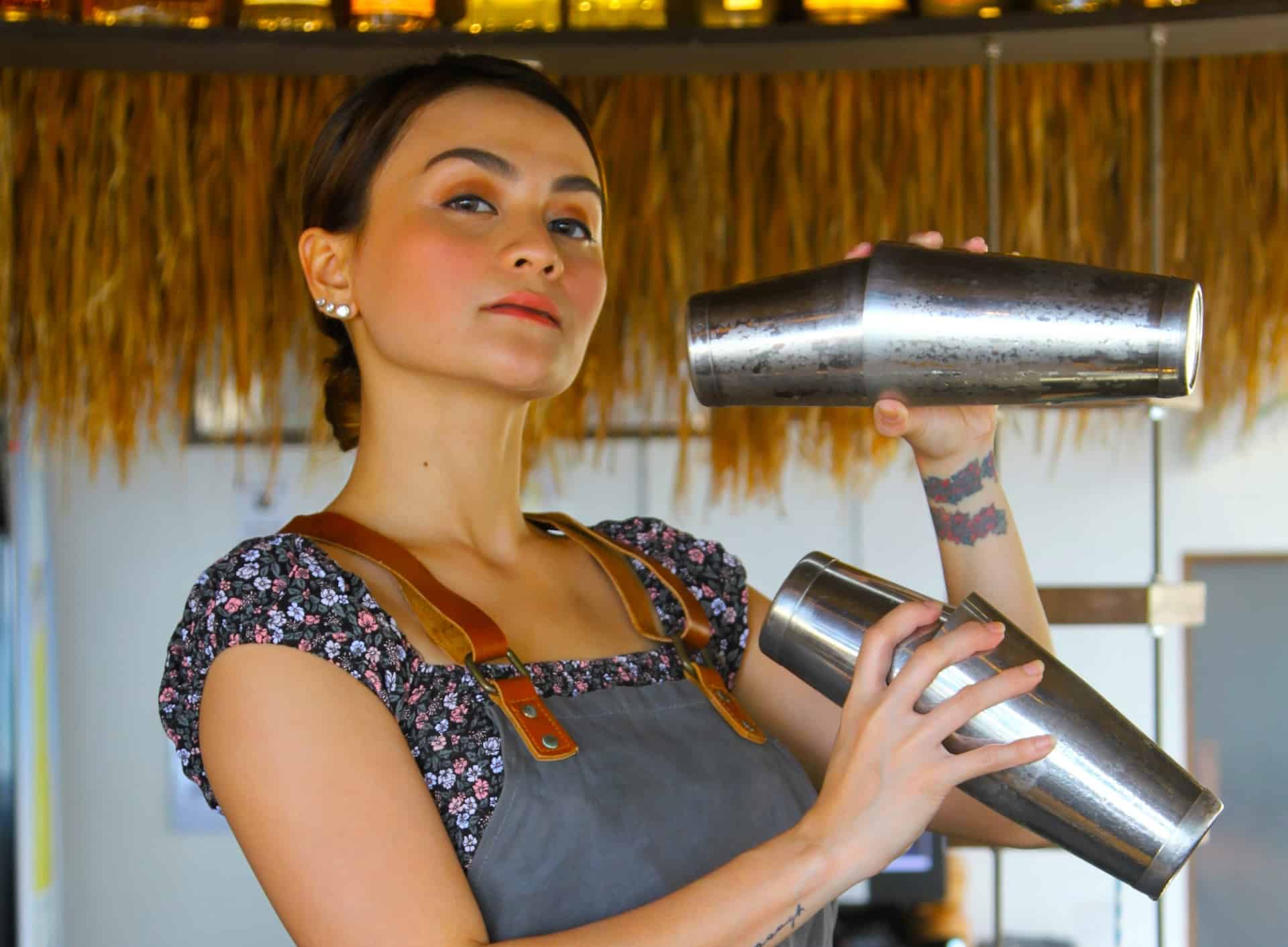The Obligations of the Oldest Child: Bread Winner
Bread Winner: The evolution of the oldest child’s role in Filipino families reflects the broader transformations Filipino society is undergoing. The tug-of-war between tradition and modernity, obligation and aspiration, forms the core of many eldest children’s experiences today. While some elements of the traditional role remain, they are continuously molded by contemporary forces and realities. Understanding these shifts is essential, not just for the eldest children navigating their roles but for Filipino society at large, as it redefines family in the 21st century.
The Filipino family dynamic has long been the subject of admiration, scrutiny, and analysis. At its core, familial bonds in the Philippines are deeply entrenched in a combination of indigenous values, colonial influences, and contemporary adaptations. Among the most pronounced of these elements is the responsibility shouldered by the oldest child, often seen as the “second parent” or the expected breadwinner in the absence or inadequacy of parental figures. But as times change and the world becomes more globalized, there has been a notable evolution in the role of the eldest sibling. This article delves into the transformed obligation of the oldest child from a Filipino family perspective, assessing the reasons behind these changes, and providing illustrative examples.
Historical Context
Traditionally, in many Filipino families, the eldest child has had an almost ordained role. This can be traced back to pre-colonial times when family and tribe were the central units of society. In such settings, the eldest bore the weight of leadership, ensuring protection, food, and unity. The Spanish colonial period further reinforced the idea of “respeto” (respect) and hierarchical family roles. Fast forward to today, and while many of these traditional norms persist, they are being reshaped and redefined in numerous ways.

Reasons for Change
- Globalization and Modernization: The Philippines, like many countries, hasn’t been spared from the effects of globalization. As global perspectives infiltrate local consciousness, traditional norms and practices undergo interrogation. Modern Filipino youth, exposed to international ideals of individualism and personal ambition, often find themselves at odds with the age-old obligation of providing for the family.
- Educational and Employment Opportunities: The rise in educational and employment opportunities, especially overseas, has led to a rethinking of the eldest’s role. As they pursue personal growth and success, the balance between familial duty and personal aspiration becomes a delicate tightrope.
Case Study 1: The OFW Phenomenon
Overseas Filipino Workers (OFWs) represent a significant part of the nation’s workforce. While they remit considerable amounts of money back home, thus playing the role of breadwinners, this migration has multifaceted implications.
The initial intention for many OFWs, including a good number of eldest children, is to provide a better life for their families back home. But this has led to a phenomenon called the “parental void.” With the oldest child often abroad, younger siblings lack the immediate guiding hand of their eldest sibling. This has led to a dynamic where younger siblings either step up to fill the void or the family structure loosens.
On the flip side, being an OFW isn’t a lifelong status. When they return, the family dynamics often have shifted, challenging the once-clear role of the eldest child. The reintegration process can be strenuous, with the eldest having to navigate changed relationships and modified family structures.
Case Study 2: Urbanization and Changing Lifestyles
As more Filipinos move to urban areas in search of opportunities, family structures and dynamics are inevitably affected. In metropolitan settings, the influence of Western ideals, the availability of diverse opportunities, and the general pace of life contribute to a deviation from the traditional role of the eldest child.
In such environments, it’s not uncommon for the eldest to prioritize personal aspirations like further studies, starting a business, or pursuing a passion. This choice, while often guilt-ridden, is a stark departure from the days when the eldest’s primary role was to ensure the family’s sustenance and stability.
Furthermore, urbanized settings offer a wider support system outside the immediate family. Friends, mentors, and institutions sometimes fill roles traditionally reserved for family members, thus diluting the centrality of the eldest child’s obligations.







Add comment